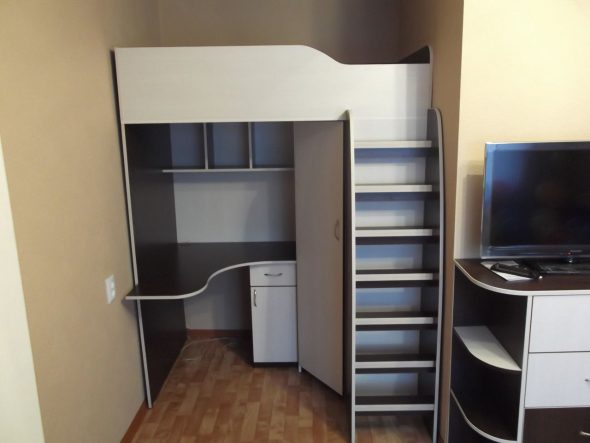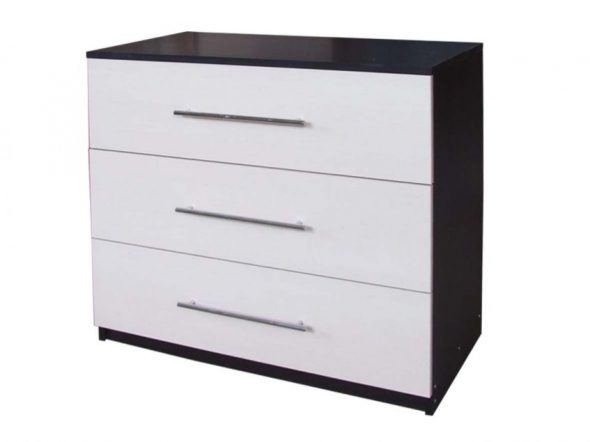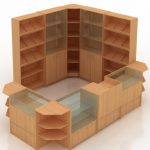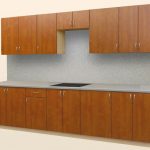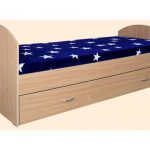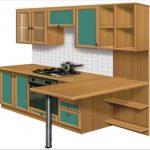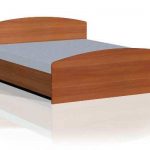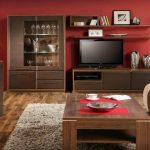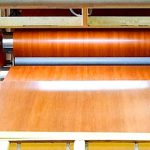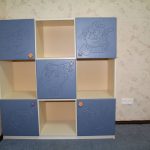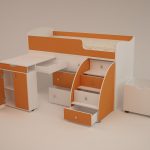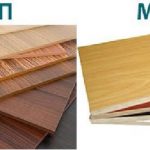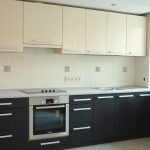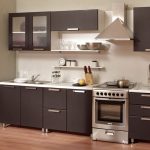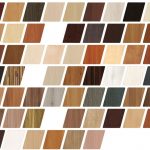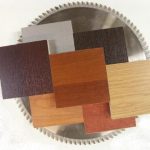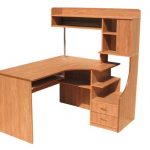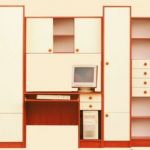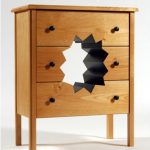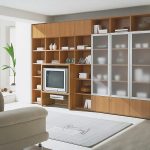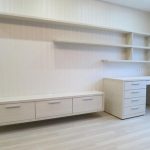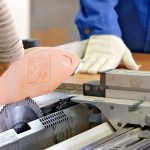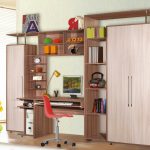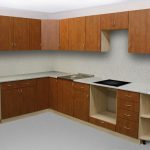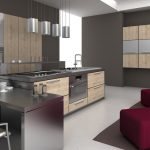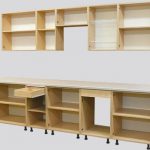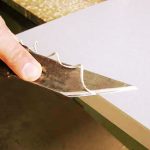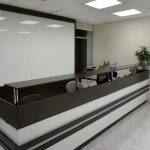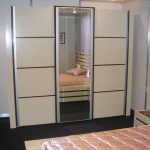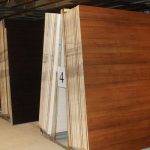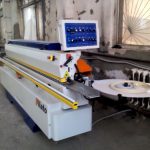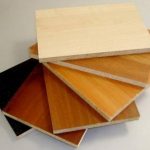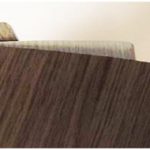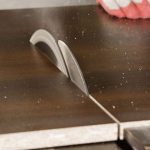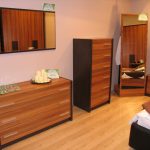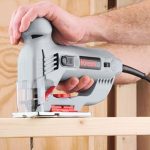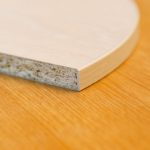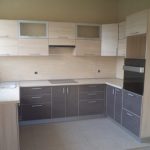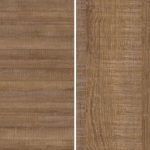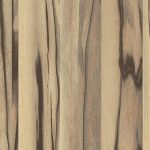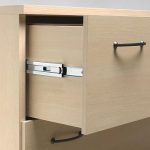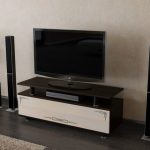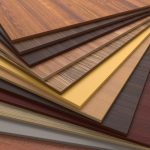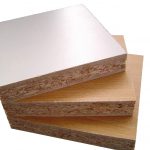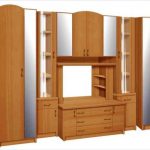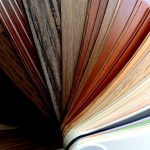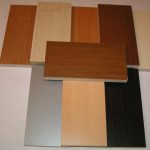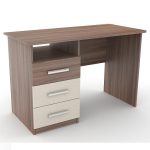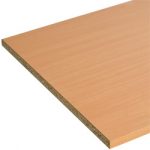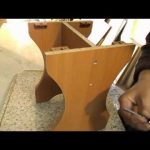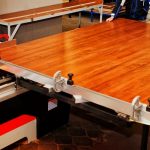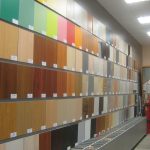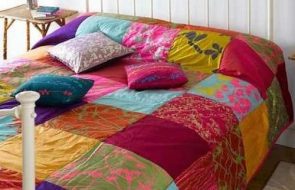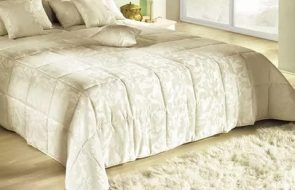The first regular chipboards appeared back in 1918. Thanks to progress over the years, materials have become better quality, more reliable, and moisture-resistant laminated boards are now available for the production of various products. There are many types of boards made of wood. These include MDF and laminated chipboard with different characteristics and their own features.
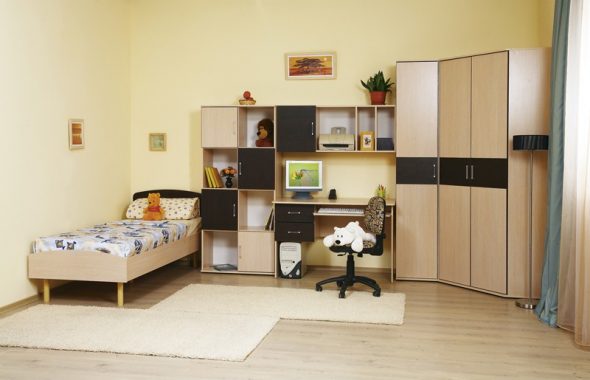
Laminated chipboards based on thermosetting polymers are the main and frequently used material for the production of mass elements of furniture in industry, and they are also widely used in construction. Such boards are quite resistant to mechanical and chemical influences (gasoline, acetone, water, solvents, alcohol, acid, coffee and other substances). From this we can conclude that laminated chipboard is an excellent raw material for the production of medical, laboratory, educational, household and office furniture.
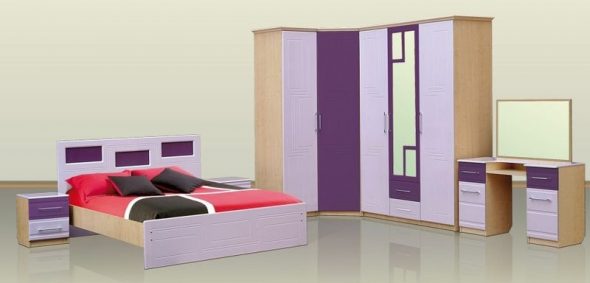
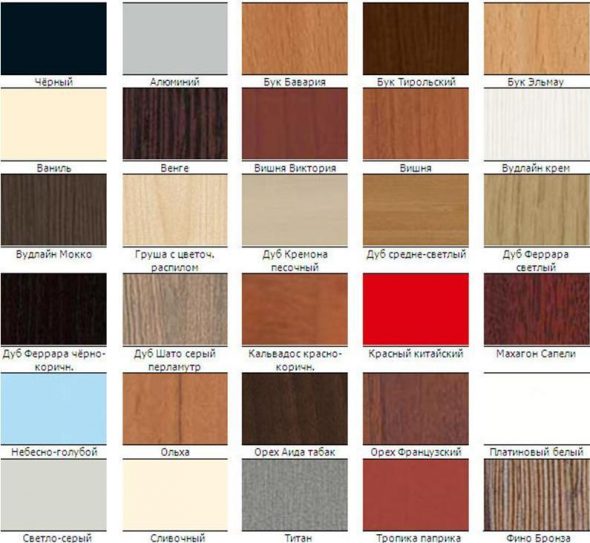
Laminated chipboard is a material made from natural wood. It is the same chipboard, but sanded whiter, with a durable melamine film on the surface. That is, their main difference is the coating. When it is pressed into the structure of the board itself, it makes it more moisture-resistant and much stronger. This is a “loose” raw material, its cost is budget-friendly, and due to the film and coating, various color solutions can be achieved in design, including those with a natural wood pattern. It is widely used in the production of cabinet products for the kitchen, office, home, and other home interior items as the main material. It is used to make exhibition stands, furniture for the interior of stores, pharmacies, and supermarkets. The same thing happens with MDF, but such boards are more expensive.
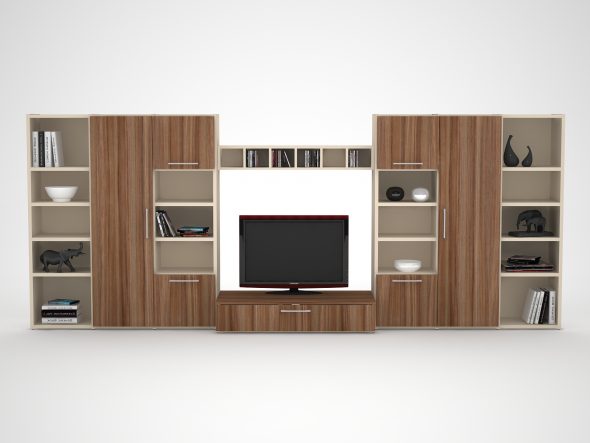
Lamination of chipboard is carried out in various colours and textures:
fantasy vector decors;
- geometry;
- ornaments;
- plain papers;
- drawings and imitation of wood.
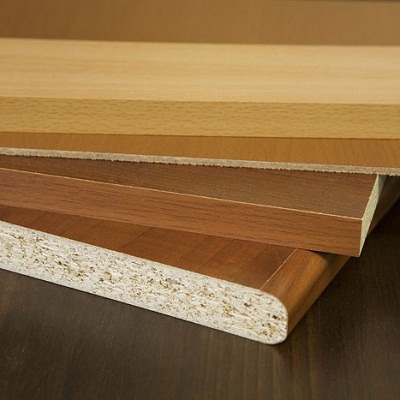
Decorative film for cladding is impregnated with resin, it is made of special decorative paper, with a density of 60-90 g/m2.
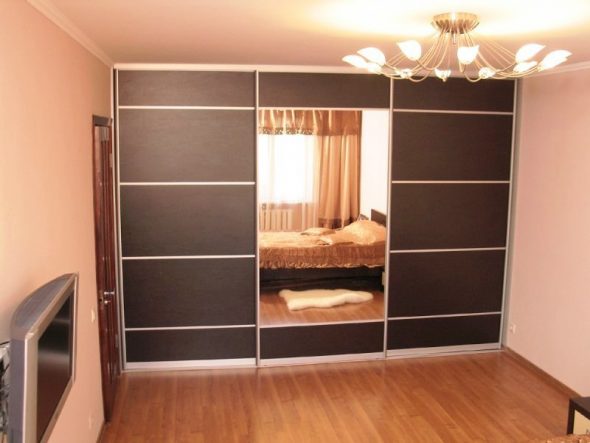
Lamination takes place in a press. During the pressing process, the paper becomes denser, and its properties are on par with plastic. A dense glossy film is formed on top, and the same film is formed on the bottom, but of a different structure - adhesive. The coating of laminated boards is quite durable, formed by the resin spreading over the entire surface of the chipboard at a pressure of 25-28 MPa and a temperature of 140-210 ° C. For production, their width cannot be less than 10 mm, but also not more than 22 mm. When laminating, the chipboard does not emit aldehyde vapors, which are harmful to the environment.
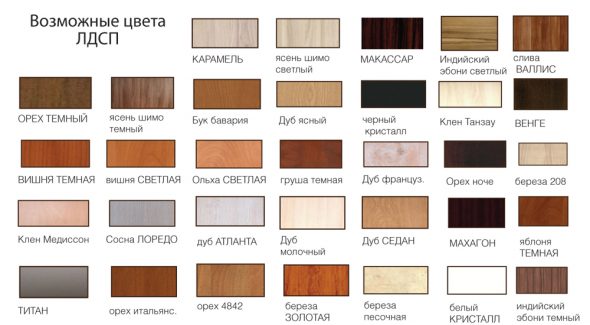
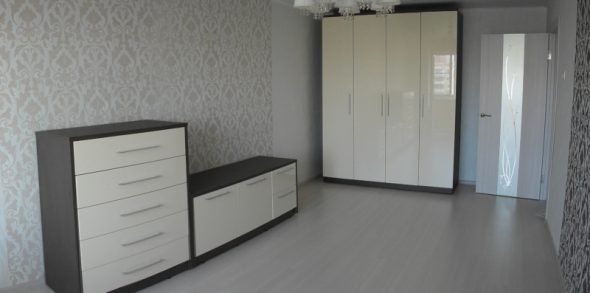
Content
Types of laminated chipboard in furniture
Manufacturers label the structure of laminated chipboard differently, but usually like this:
- BS is office;
- SE – wood with surface pores;
- SM - smooth surface;
- MAT - matte smooth surface;
- PR – porous structure;
- PE – “orange peel”.
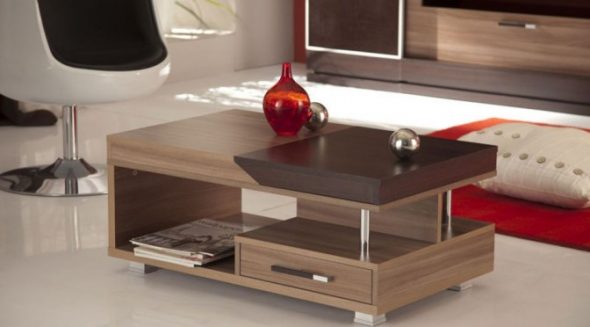
The first two are most often used for production: BS and SE. PR is also popular, but is used less often, SM is used in the production of internal partitions. Other markings may be encountered.
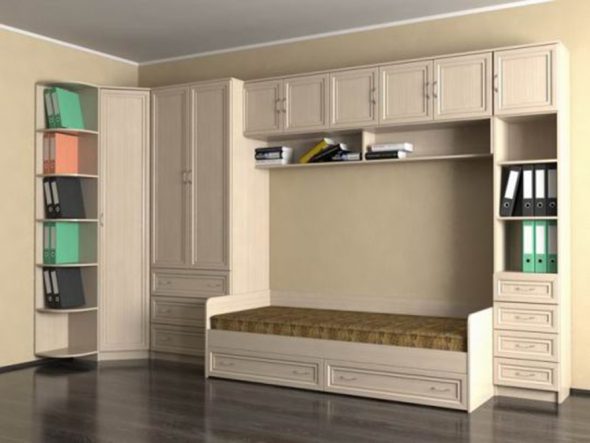
Advantages and disadvantages of laminated chipboard in furniture
To choose good raw materials for specific furniture, you need to know its features, including pros and cons. Any chipboard material is made from sawdust and wood chips impregnated with formaldehyde resin as a binder. Chipboard emits formaldehyde, which has a negative impact on the environment and human health, but laminated chipboard has a protective film - a laminated layer that does not allow the substance to evaporate from the boards.
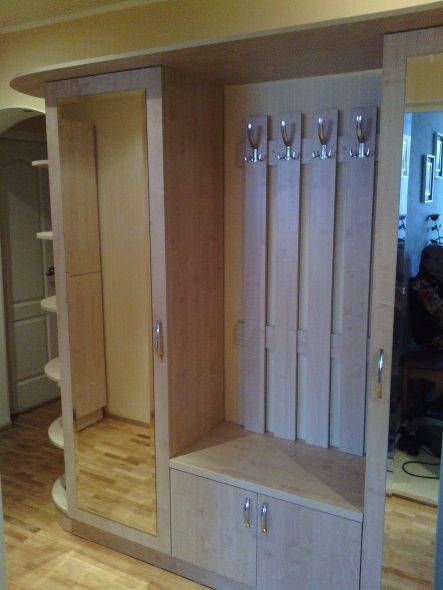
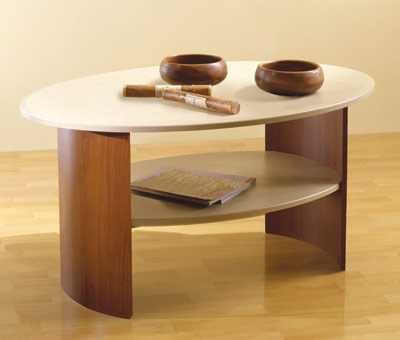
To produce laminated film, paper of a certain texture and pattern is used. It is impregnated with melamine resin, as a result of which it becomes a certain level of rigidity and more friable. Then, under pressure, the surface of the board is connected to the film - this is how a laminated sheet of standard thickness is formed.
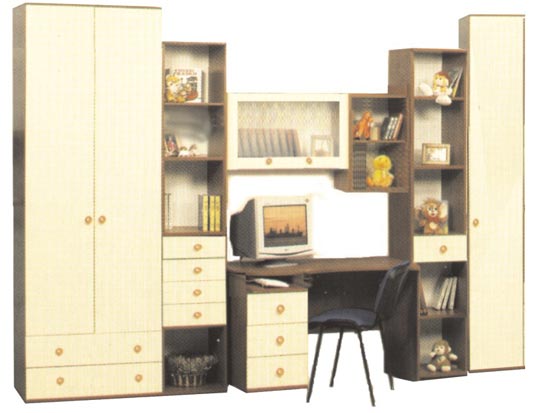
Laminated chipboard is a fairly resistant material to mechanical and thermal effects with a large range of textures and colors. It can be developed in the form of a valuable wood species. Due to its resistance to high temperatures, hot dishes can be placed on countertops made of this material.
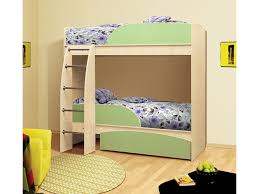
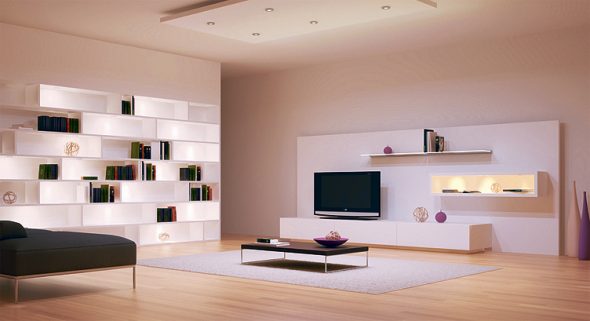
The disadvantages include the lack of the possibility of fine processing and the presence of formaldehyde resins in the composition of chipboard, and the advantages include high mechanical and chemical resistance.
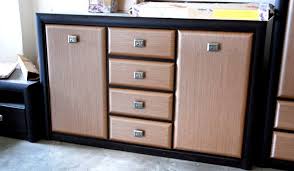
MDF furniture - what is it?
MDF is an improved technology for producing chipboard materials. The board consists of small pressed sawdust fractions. Thanks to this method of fastening, the material is highly durable, homogeneous and harmless to health. Due to these indicators, it can be used to produce any furniture, including for a children's room. Its cost is slightly higher.
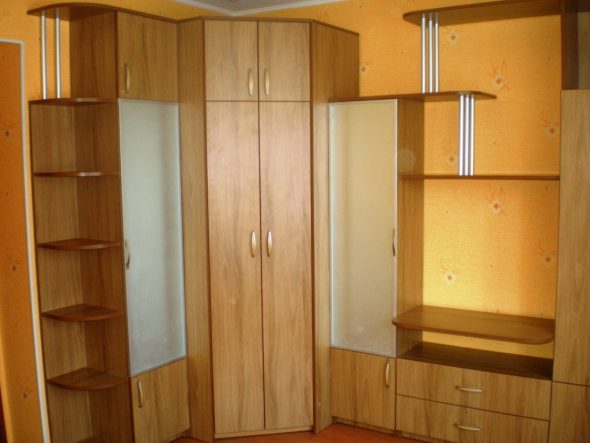
The main advantages are the high strength of the slabs, homogeneity, ease of processing, moisture resistance, anti-deformation properties, a wide range and beautiful design.
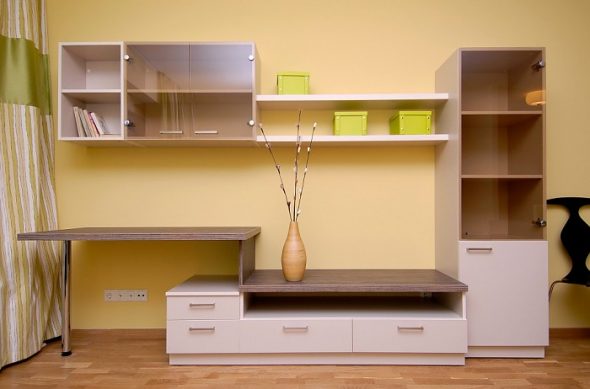
Disadvantages: high price, boards are susceptible to mechanical damage and impacts, easily flammable.
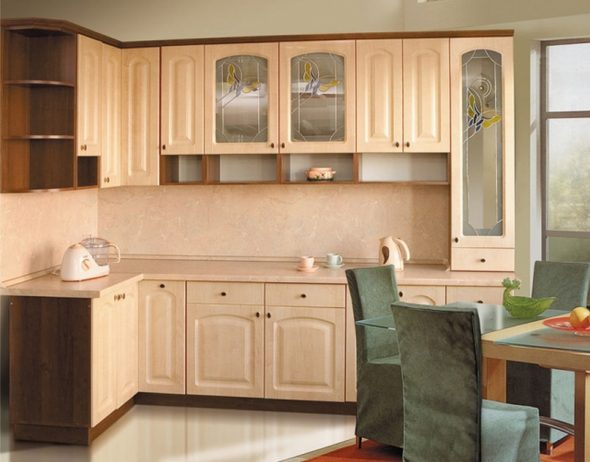
How to choose the right laminated chipboard?
Today, there are many types of chipboard for different purposes. Their differences lie in thickness, composition, wear resistance, density. Such features are associated with the use in different areas of board production. There is a stereotype about the density of the board. It is believed that the denser it is, the better. But this is not entirely true. The advantage of these boards is in the budget raw material (low-grade wood). This includes "thin-gauge", slabs, slats. The main thing is that these materials meet the following standards.
- The chip fractions should not be small.
- The cross-section of the shavings must be square and the shape petal-shaped. If these requirements are violated, the physical and chemical properties of the finished board will deteriorate (bending and resistance will suffer).
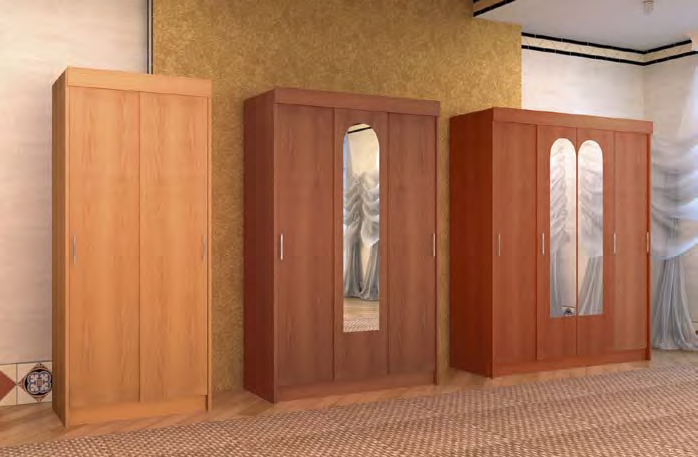
Consumers often ask questions: what kind of material is this for a bed - MDF? How does MDF differ from laminated chipboard for furniture? Let's consider these nuances in more detail.
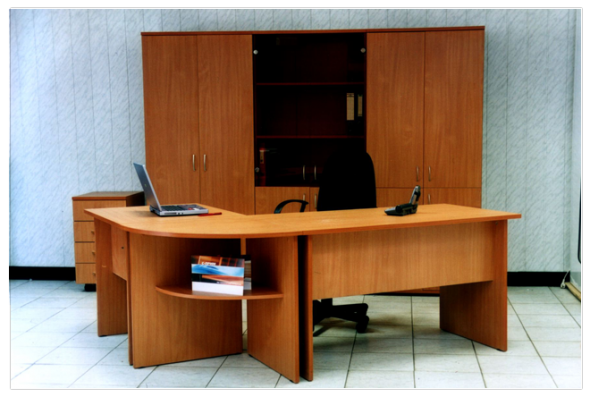
Advantages of chipboard:
- low price;
- does not dry out, does not delaminate, does not mold;
- thanks to chemical additives, bugs do not live in the stove;
- service life more than 10 years.
Advantages of MDF:
- affordable price for consumers with average income;
- strength;
- moisture resistance;
- includes all the above-mentioned advantages of chipboard.
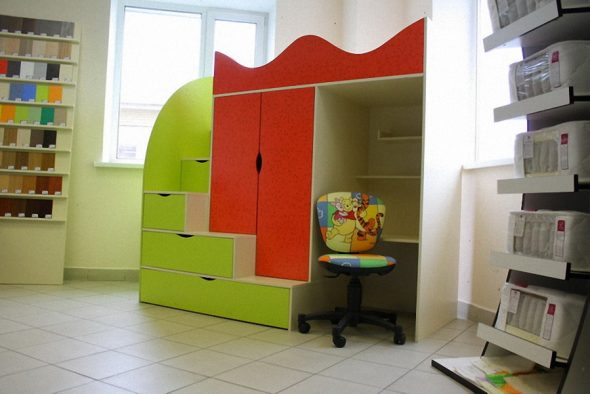
The choice of material depends on what is planned to be manufactured. LDSP can be used in the manufacture of furniture intended for the office, home, store, supermarket. MDF is better to choose for children's furniture.
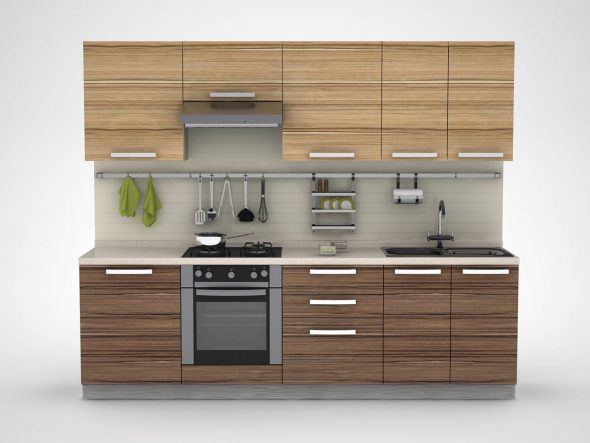
The production of wood fiber boards allows us to manufacture products at affordable prices for various interiors. Thanks to MDF and laminated chipboard furniture, every home will be filled with coziness, warmth and comfort.
